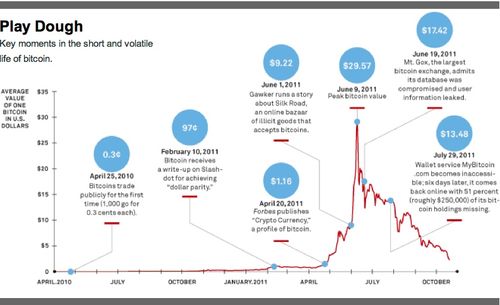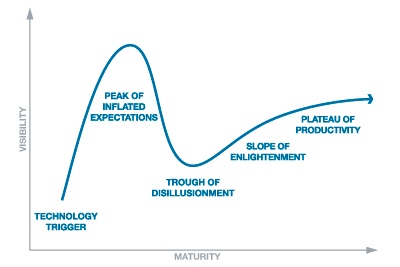The Nature Of The Firm and Work Markets
Those who watched the video I posted on Sunday saw me talking about this. But I didn't do it justice so I'm going to do a full post on this.
The brilliant Nobel prize winning economist Ronald Coase (who is still alive!) wrote a seminal essay called The Nature Of The Firm in 1937. This is an important work and something everyone should read. It is short, only 20 pages.
The wikipedia page on the essay
In The Nature Of The Firm, Coase investigates why "individuals choose to form partnerships, companies and other business entities rather than trading bilaterally through contracts on a market."
Coase argues that transaction costs that make "trading bilaterally through contracts" expensive spur the organization of firms. And if those transaction costs could be eliminated, more individuals would choose to trade with each other rather than forming partnerships, companies, and other business entities.
Enter the internet and having a computer in your pocket into this model and things change. Technology has been causing these transaction costs to drop precipitously for years now and the result is we have seen the emergence of work markets in which "individuals trade bilaterally through contracts."
Our firm is seeing these work markets sprout up all around us and if there is a single investment theme that is dominating our deal flow right now, this would be it. Christina touched on this in her recent blog post on the USV blog (the section she titled "work is shifting to a peer to peer model").
We have one investment in this category, appropriately called WorkMarket, and we will certainly make others as long as we can be sure they are not competitive with each other. And we can thank Ronald Coase who laid out this investment thesis for us only 75 years ago!



